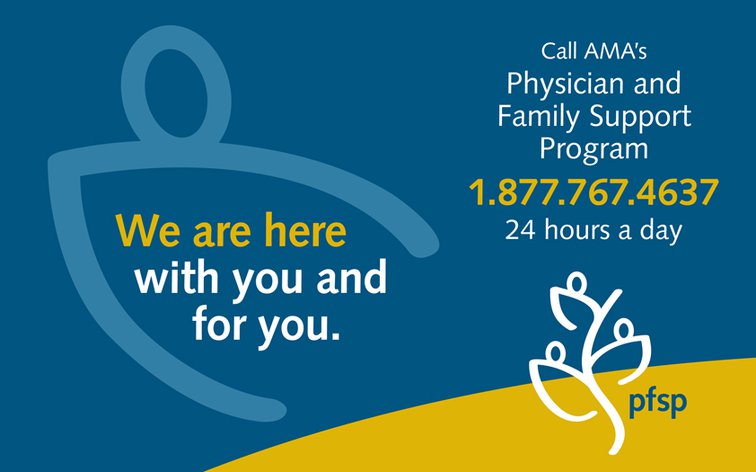Recently, I was listening with amusement to Emotional Rescue the Rolling Stones. The “knight in shining armour” that will come to one’s emotional rescue, in one way or another, is certainly a wonderful fairytale. What isn’t a fairytale is the concept of psychological self-care.
Psychological self-care is mostly an alien concept to almost all our hardworking, no-nonsense Alberta physicians. But it no longer should be. Psychological self-care means having self-awareness, doing the things you enjoy, and gives your life meaning. It also means having some self-compassion..
Self-awareness includes emotional self-awareness. In her book “Healing the Fragmented Selves of Trauma Survivors: Overcoming Internal Self-Alienation,” Dr. Janina Fisher educates her readers about how our inherent emotional instincts (e.g. fight, escape, fear, submit and attach) are altered by psychological trauma.
- The fight instinct turns to anger and being judgmental, controlling and suicidal.
- The escape instinct turns to addictive behaviour, ambivalence and distance.
- The fear instinct turns to wariness, anxiety and phobia of being seen.
- The submit instinct turns to depression, shame and self-sacrifice.
- The attach instinct craves being rescued and connected and “sweet and innocent.”
What I noticed about her descriptions are that they seem to encapsulate some of the physician mental health issues – anger, professionalism issues, relationship problems, suicide, behaviour addictions, substance use disorder, anxiety, depression, shame, PTSD, loneliness, etc. Of course, mental health experts will tell us that this is only part of the story, but it is interesting to reflect on some of these correlations.
But, as well, we all must strive to be our own knight in shining armour and come to our own emotional rescue. We must understand and effectively manage our genetic temperament (good, bad and ugly), our attachment style (secure, anxious, dismissive, or disorganized), our childhood developmental history and our other social determinants of health. In addition, we must be aware of basic emotional instincts and how psychological trauma affects them. Finally, regularly partake in activities we enjoy, try to find meaning in our work and life, and exercise a bit of self-compassion.
To be perfectly honest, all of the above are the work of a lifetime. Yet with this bit of psycho-education, I feel that I have gained more wisdom to navigate my life and my career with my eyes open to my own humanity and limitations and to the humanity and limitations of colleagues, physician leaders, patients and medical culture. This is the challenge and the gift.
There will be a time when each physician invariably will need mental health care. Please go get it – reach out to your family doctor, therapist and/or the PFSP by calling 1-877-SOS-4MDS (1-877-767-4637).
Banner image credit: Gino Crescoli, pixabay.com

